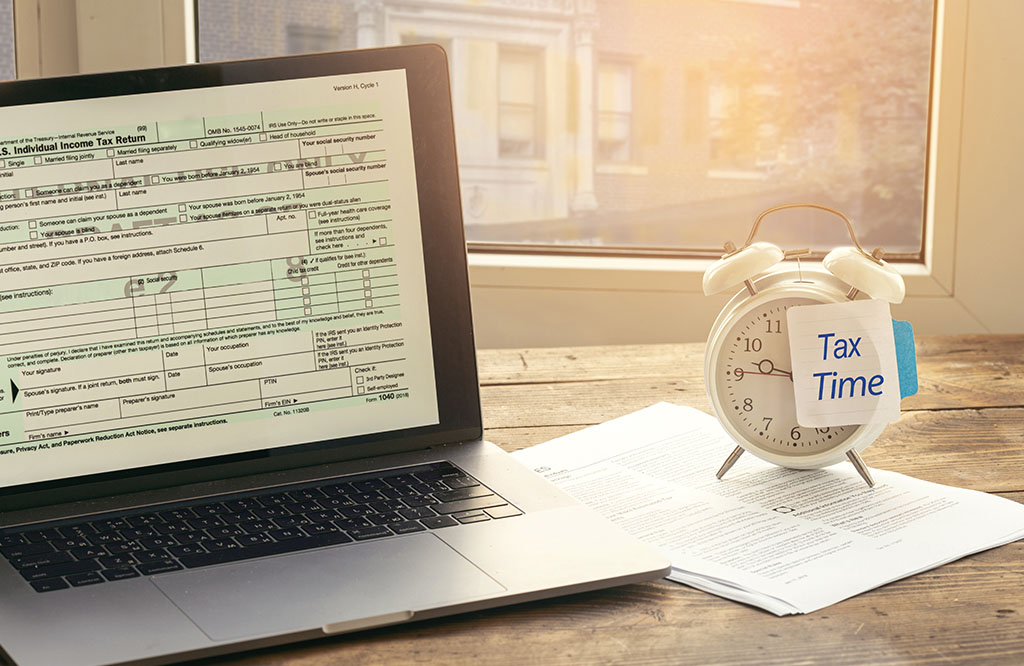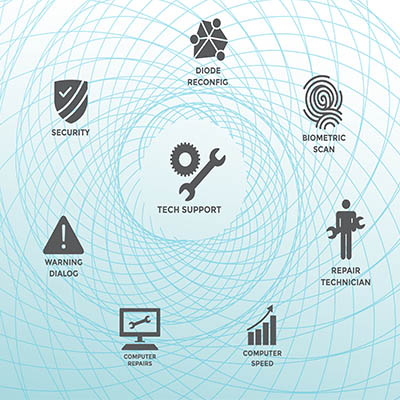Happy Valentine’s Day! While this holiday is all about love, it just so happens to fall smack in the middle of tax season in the United States. So, while you’re hoping to get a sweet message from that special someone, there’s a chance you might also receive a text or an email from the Internal Revenue Service… or is there?
As it turns out, you won’t… but that’s a fact that scammers are hoping you won’t know.
Tax Season is a Prime Time for Scammers
With the promise of tax refunds returning to the people willing to jump through some administrative hoops, there’s ample opportunity for various scams and ruses to interfere with people receiving these funds.
Some well-known scams in use include:
- Spoofed/robocalls meant to seem as though the IRS is calling.
- Text messages alerting of “urgent” issues with links to resolve them
- Phishing emails with similar messages
This is just a small sample of scams, too. The IRS publishes a list of the worst tax scams each year—nicknamed the Dirty Dozen—highlighting how creative(ly underhanded) scammers can get with their schemes, from fake charities to misinformation to fraudulent IT assistance concerning tax payments.
However, as diverse as these scams can be in their approach, there are a few warning signs that will help you spot them:
- Like many other scam attempts, there will commonly be the promise of a big financial reward for complying with the scammers’ demands.
- Alternatively, these scams may threaten severe consequences to scare targets into compliance.
- Scam messages commonly include links with odd or incorrect spelling to take targets to malicious websites.
As Per the IRS Website, Check Your Mail for Any Communications
In their guide to how to tell when a message from the IRS is legitimate, the IRS establishes that they will usually reach out to taxpayers via the U.S. Postal Service, with all letters searchable on the official IRS website. While other means of contact, like phone or email, may happen, they almost always require the taxpayer’s permission.
So, a good rule of thumb to follow: if you didn’t expressly grant the IRS permission to contact you outside of traditional mail, it probably isn’t the real IRS, and you should follow up with the agency directly.
What the Real IRS Never Does:
- Reach out via social media
- Accept gift or prepaid debit cards as payment
- Threaten you with law or immigration enforcement
- Revoke licensing, including citizenship, driver’s, or business
- Leave robocall voicemails
- Mail advertisements for debt resolution
We recommend that you review the IRS’ recommendations to help recognize tax scams and fraud for yourself, and also share these tips with your friends, associates, and loved ones.
We also recommend that for the rest of your business cybersecurity needs, you reach out to us at 978-798-6805 to learn how we can help protect you and your productivity. Stay safe this tax season, and happy Valentine’s Day.







